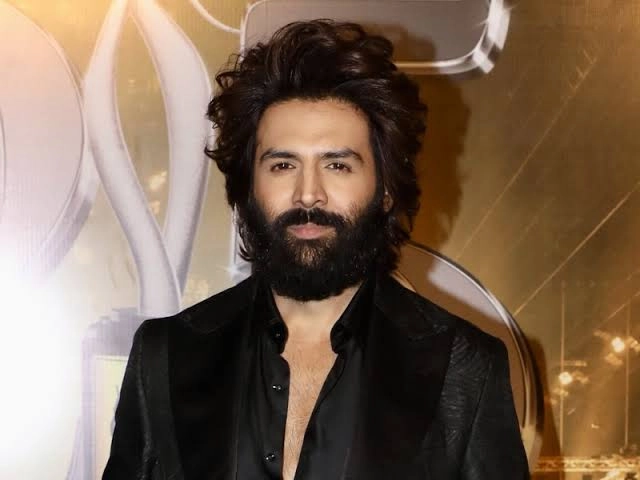The Federation of Western India Cine Employees (FWICE) has issued a stern warning to actor Kartik Aaryan regarding his participation in the upcoming Azadi Utsav, an event organized by a restaurant reportedly owned by Pakistani nationals. This warning comes at a time when the Indian film industry is increasingly sensitive to issues surrounding national identity and patriotism, particularly in the wake of rising tensions between India and Pakistan. FWICE, which represents a vast number of workers in the entertainment sector, has expressed concerns that participation in an event linked to a Pakistani-owned entity could be perceived as unpatriotic and may not resonate well with the sentiments of the Indian audience.
The Azadi Utsav is intended to celebrate India’s independence, yet the association with a restaurant tied to Pakistan has raised eyebrows among industry professionals and fans alike. FWICE’s directive highlights the need for celebrities to be mindful of their public engagements and the potential implications these may have on their careers. The organization has made it clear that Aaryan’s participation could lead to backlash from his fanbase, potentially harming his reputation and standing in the industry. The warning serves as a reminder of the delicate balance that public figures must maintain between their professional opportunities and their responsibilities as representatives of their nation.
In an environment where public sentiment can shift rapidly, especially regarding national pride, the FWICE’s cautionary stance is reflective of broader societal attitudes. As a prominent figure in Bollywood, Kartik Aaryan’s actions are closely monitored, and any misstep can lead to significant repercussions. The organization is advocating for a sense of national solidarity among artists and urging them to consider the broader implications of their affiliations. This incident underscores the challenges faced by actors and entertainers in navigating the intersection of art, politics, and national identity, especially in a country as diverse and vibrant as India.
As the situation unfolds, it will be interesting to see how Kartik Aaryan responds to the FWICE’s warning and whether he chooses to distance himself from the event. The incident raises important questions about the responsibilities of public figures in a politically charged atmosphere and their role in representing national values. In a time when cultural events can serve as platforms for dialogue and unity, it remains to be seen how this particular scenario will impact not only Aaryan’s career but also the broader conversation about patriotism in the entertainment industry. Ultimately, the outcome may set a precedent for how future collaborations between artists and international entities are approached within the Indian film landscape.



